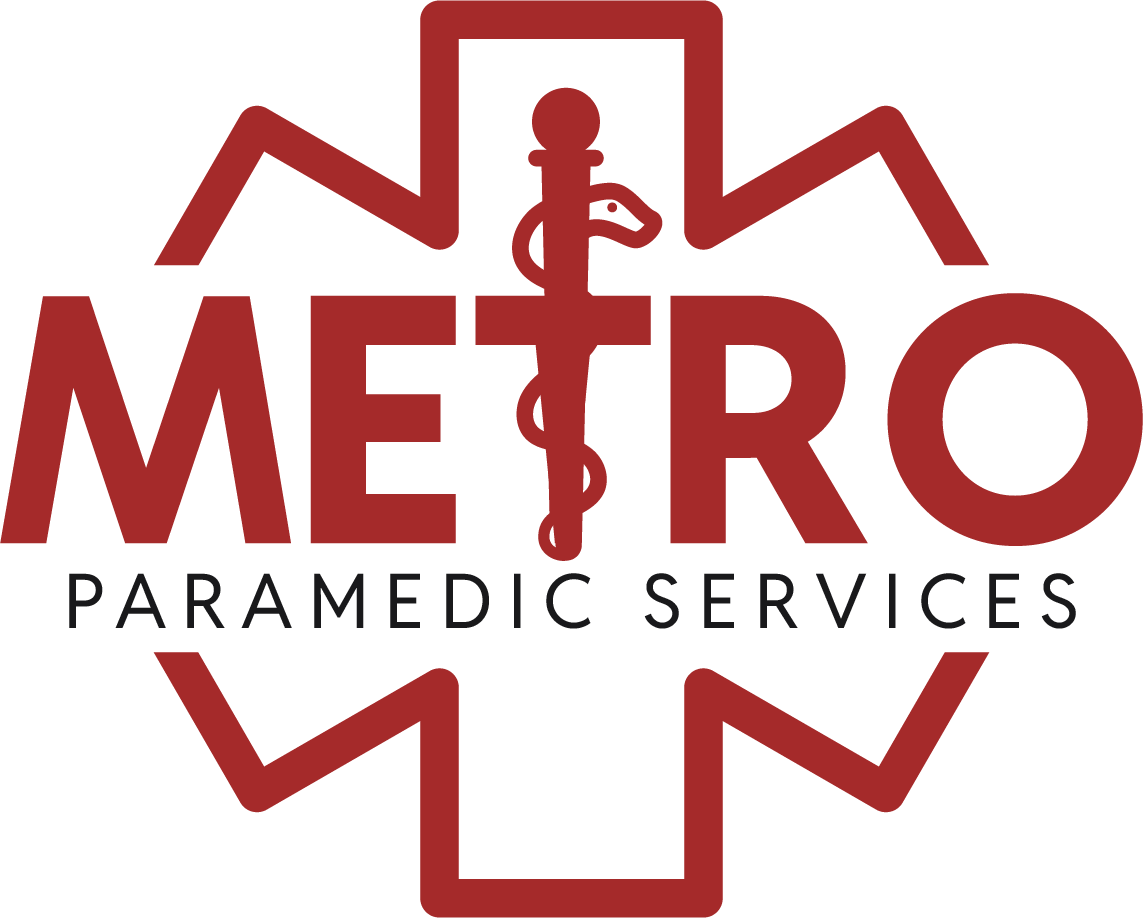Metro Paramedics has provided emergency medical and firefighting services to communities since 1984. Find out how Metro Paramedics can fit the needs of your municipality or fire district.
Emergency Call
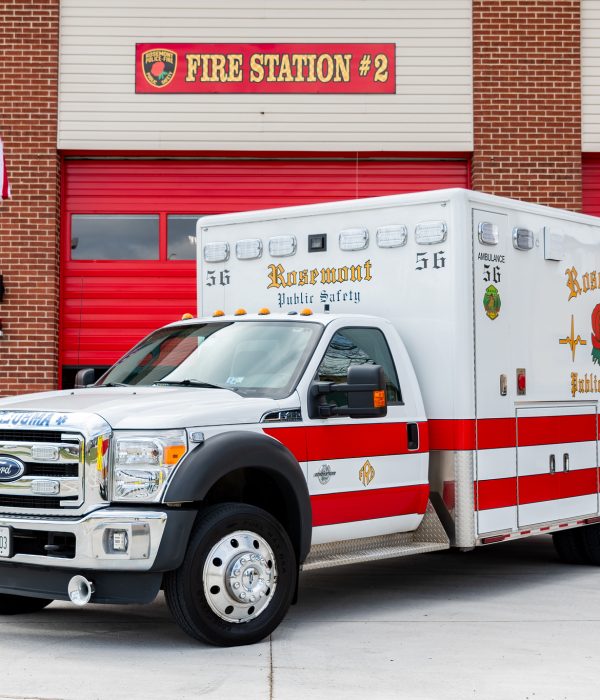
The roles of emergency medical services (EMS) professionals and firefighters are demanding and require a unique set of skills and qualities. These individuals are often the first to respond to emergency situations, where quick thinking, technical proficiency, and emotional resilience are critical. Understanding the key attributes that contribute to success in these roles is essential for both aspiring professionals and organizations looking to build an effective emergency response team.
At the core of EMS and firefighting roles is the need for a high level of medical and technical knowledge. EMS professionals must be well-versed in emergency medical procedures, such as advanced first aid, cardiopulmonary resuscitation (CPR), and the use of various medical equipment. Firefighters require a deep understanding of fire behavior, building construction, hazardous materials, and rescue techniques.
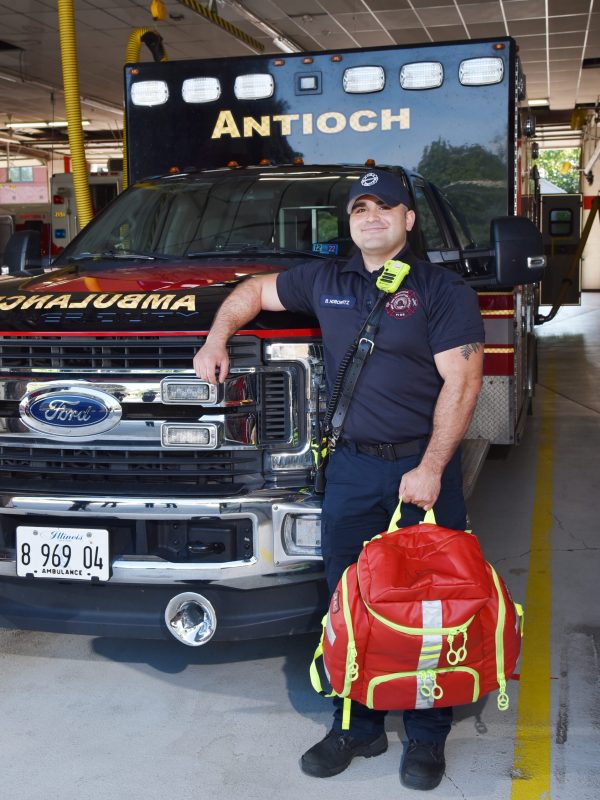

The physical and mental demands of EMS and firefighting roles are immense. Responders must often work in hazardous, high-pressure environments, requiring both physical endurance and mental fortitude.
Effective communication and teamwork are crucial in emergency response situations. EMS professionals and firefighters must be able to convey information clearly and collaborate efficiently with others on the scene.
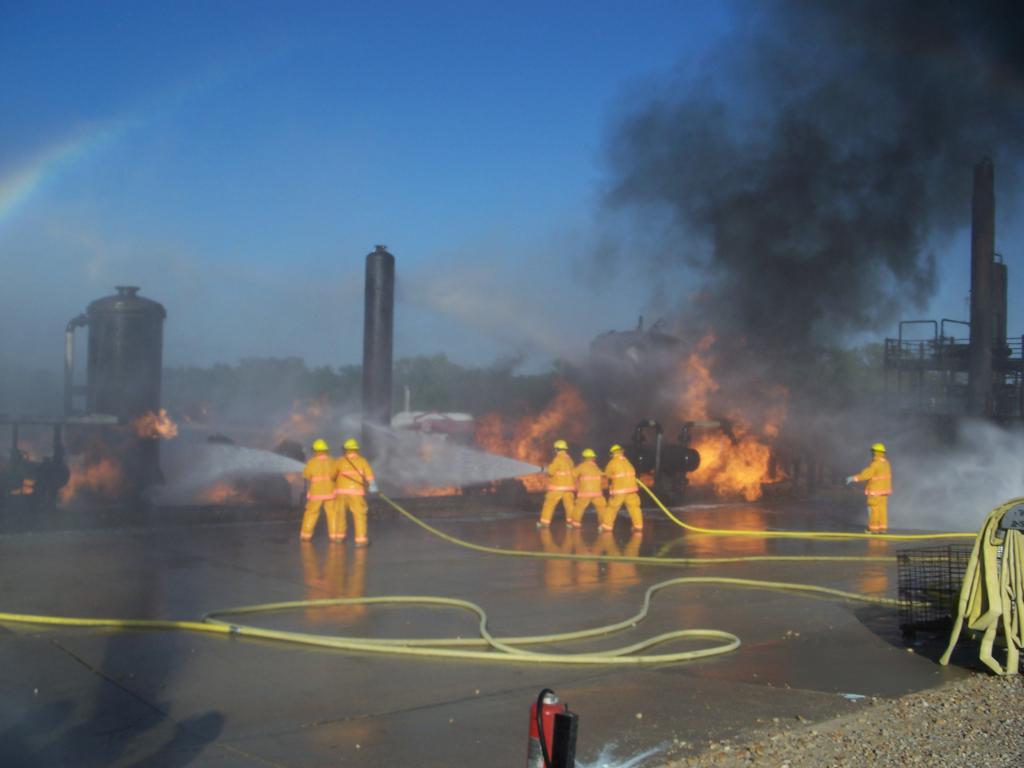

Emergencies are unpredictable, requiring EMS professionals and firefighters to be quick thinkers who can adapt to rapidly changing situations. The ability to assess complex scenarios and develop effective solutions is a hallmark of success in these roles.
Adaptability: No two emergencies are alike. Responders need to be flexible and capable of adjusting their strategies based on the specific circumstances they encounter, whether it’s dealing with a multi-vehicle collision, a structural fire, or a natural disaster.
Metro Paramedic Services, Inc. prioritizes staffing EMS and firefighting teams with individuals who possess the necessary skills and qualities to excel in these challenging roles. We understand that success in emergency response requires a blend of technical expertise, physical and mental resilience, strong communication, and adaptive problem-solving. Our professionals undergo rigorous training and are equipped to handle the dynamic nature of emergencies with a commitment to excellence and community safety. By choosing Metro, municipalities, industrial facilities, and agencies gain access to an elite team of responders dedicated to protecting and serving the communities in Illinois and Wisconsin.
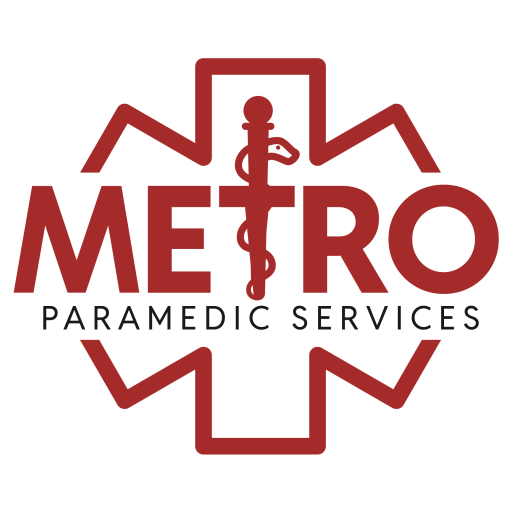
Metro Paramedics has provided emergency medical and firefighting services to communities since 1984. Find out how Metro Paramedics can fit the needs of your municipality or fire district.
Call Now
